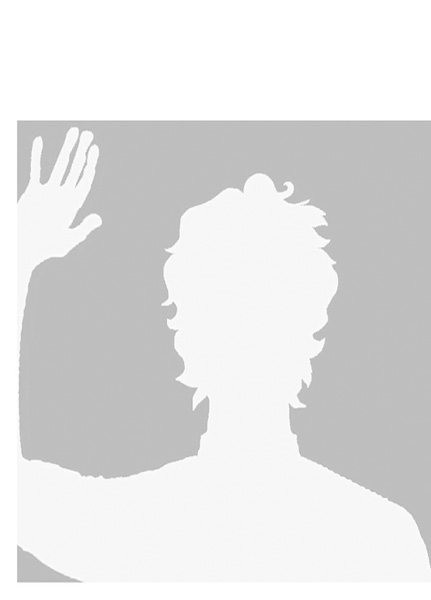
PURGE
first performed on
July 7, 2011
(cafés) Brick Box, Jasmine Kitchen, First Out and Off-Broadway, London, UK
performed twice in 2011
BRIAN LOBEL
London, UK
470271014b470271014l470271014o470271014b470271014e470271014l470271014i470271014z470271014a470271014t470271014i470271014o470271014n470271014@470271014g470271014m470271014a470271014i470271014l470271014.470271014c470271014o470271014m
blobelwarming.com
PURGE
BRIAN LOBEL
“Purge” was the world’s most brutal game of friendship maintenance, addressing where online friendship stops and real friendship begins (and if this is a distinction that is possible or important).
In “Purge,” which ran for 22 hours (July 7-10) in London, UK and 20 hours (September 27-October 1) in Kuopio, Finland, I spent one minute describing and defending my 1300 Facebook friendships to strangers in a public space. At the end of each minute, three people from the audience voted on who would be KEPT and who would be DELETED. If people voted to DELETE, the friend was sent a form letter, below, and deleted instantly:
Dear Friend, or, rather, Dear Former Friend, This email is to notify you that we are no longer Facebook friends. As part of my performance Purge I asked strangers to vote on whether to keep or delete you from my list of friends. I described and defended our relationship for one minute, but apparently, what I said was not good enough. They have decided to DELETE. I miss you already. There are a few choices moving forward: 1) We could never speak again, if you never want to speak again. 2) We could become Facebook friends again in the future, either now (if you choose to re-friend me) or sometime down the line. 3) We could create a different path for our relationship in this world, to be determined by you, and, I guess, by me. Thank you for your friendship, past, present and (I hope) future. Warmly, Brian
The entire process of “Purge” (1300 emails to each contact one month before the show, live-streaming the show for remote audiences, communicating with the 800 people who were wrote back offended, excited, and curious about the show) addressed the problem of ethics in performance and the use of real people in live work. “Purge” also addressed rituals of mourning, and ideas of loss and disconnection. An essential factor in creating the performance was how, in early 2010, I realized that I had been Friendster de-friended by my first boyfriend, who had since died. Although this was only highlighted for audiences via artist statements present in the live space (encouraging audiences to take their task as judge/jury seriously) it brought a weight to the work for me personally and allowed the exhaustion of the task to be a suitable metaphor for the act of mourning.